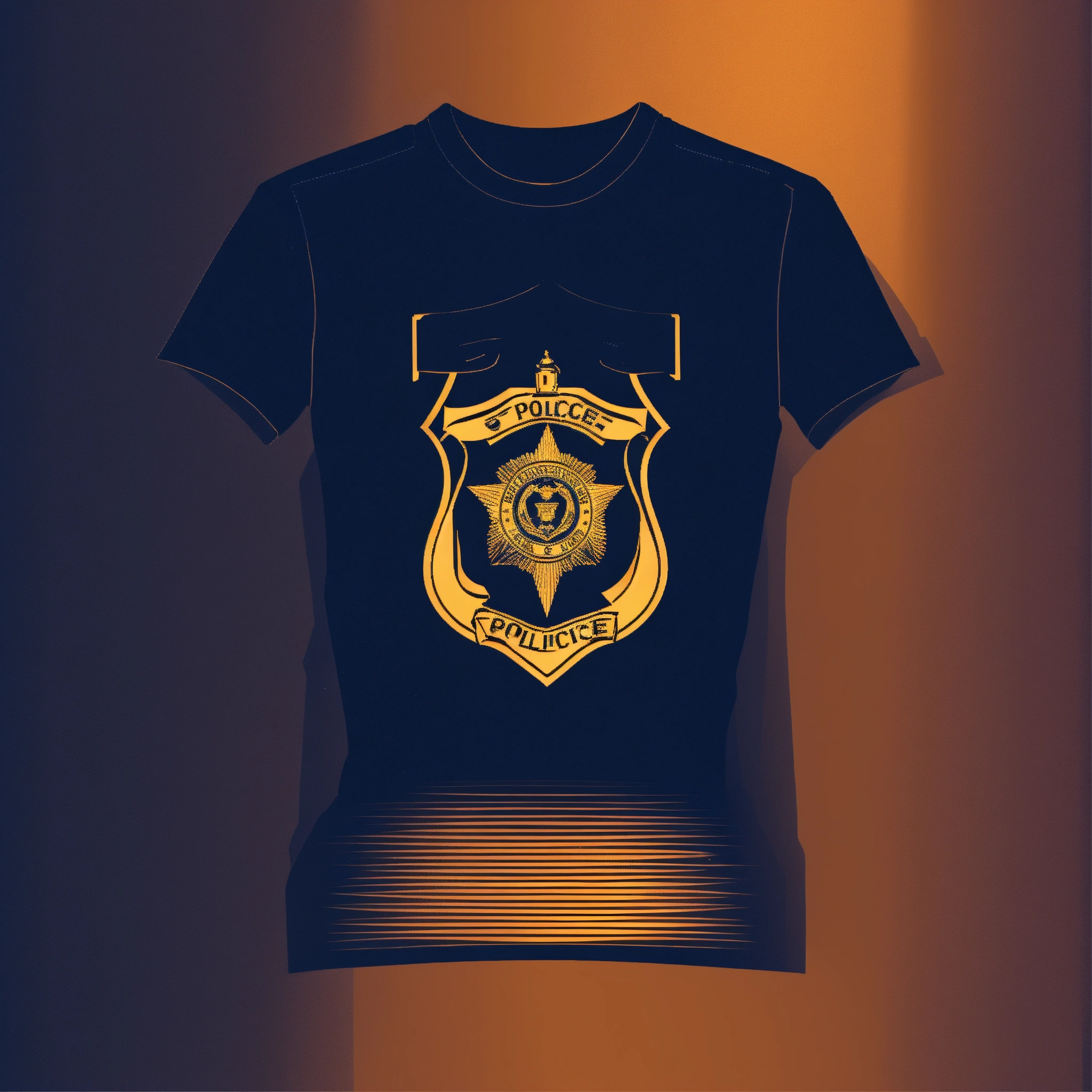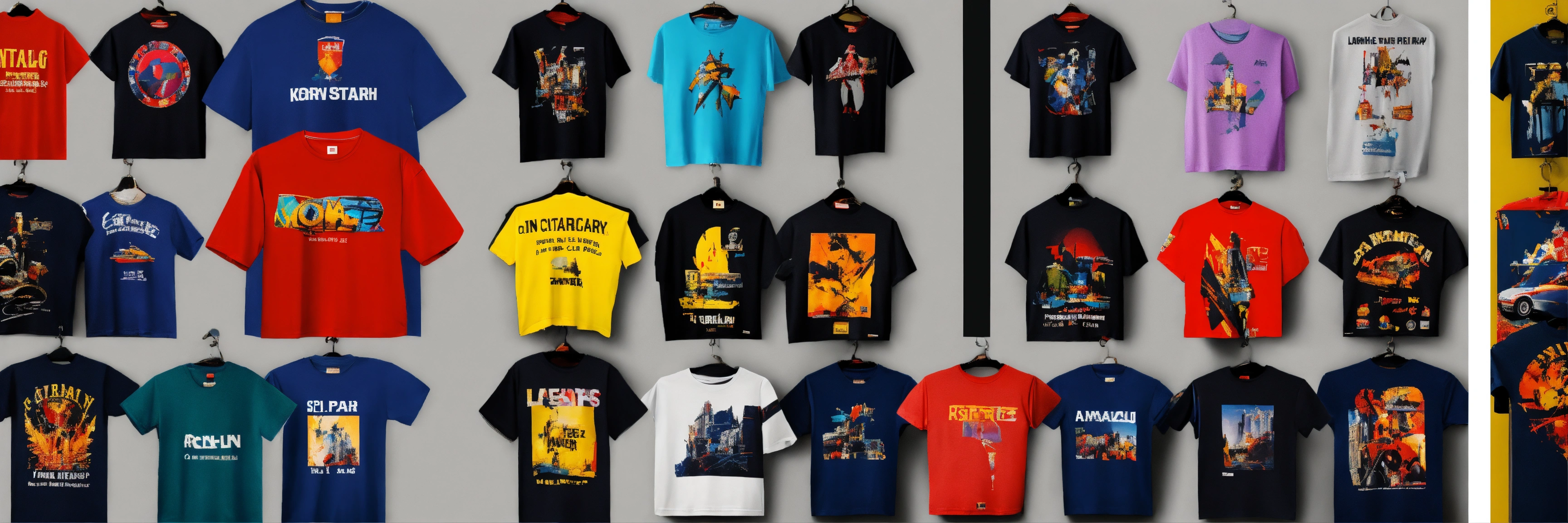Sell Custom-Made T-Shirts Online: Wearable Art, Financial Rewards – FAQ Guide
Selling custom-made T-shirts online is a fantastic way to merge creativity with commerce. Whether you’re an artist looking to turn your designs into wearable art or an entrepreneur seeking a lucrative business venture, custom T-shirt sales offer flexibility, scalability, and a chance to connect with customers worldwide. However, launching and running a T-shirt business can feel overwhelming without clear guidance. This FAQ guide answers common questions to help you start selling custom-made T-shirts online with confidence and ease.
FAQs About Selling Custom-Made T-Shirts Online
Getting Started
1. How do I start selling custom-made T-shirts online?
Choose a niche, design unique T-shirts, select a platform for selling, and partner with a printing service or manage production yourself.
2. Do I need to be a designer to sell T-shirts?
No, you can hire freelance designers, use online design tools, or collaborate with artists for your designs.
3. What equipment do I need to make T-shirts?
If producing in-house, you’ll need a heat press, printer, and blank T-shirts. If outsourcing, you just need your designs.
4. Should I use a print-on-demand service?
Yes, print-on-demand services are great for beginners as they handle printing, inventory, and shipping, reducing upfront costs.
5. What are the benefits of selling T-shirts online?
You can reach a global audience, work flexibly, showcase creativity, and build a scalable business with minimal startup costs.
Design and Production
6. How can I create T-shirt designs?
Use tools like Canva, Adobe Illustrator, or hire professional designers on platforms like Fiverr or Upwork.
7. What materials are best for custom T-shirts?
Cotton is popular for its comfort, while blends like polyester-cotton work well for durability and print quality.
8. What printing methods should I consider?
Screen printing is durable, DTG (direct-to-garment) printing is ideal for detailed designs, and heat transfer is cost-effective for small batches.
9. How can I ensure my designs appeal to buyers?
Research your target audience, follow trends in your niche, and test designs through social media polls or focus groups.
10. Can I sell T-shirts with copyrighted images?
No, you must have permission to use copyrighted content or create original designs to avoid legal issues.
Selling Platforms and Marketing
11. What platforms can I use to sell T-shirts?
Popular platforms include Shopify, Etsy, Amazon, eBay, and print-on-demand platforms like Printful or Teespring.
12. How much does it cost to sell T-shirts online?
Costs include design fees, production, platform fees, and marketing expenses, but print-on-demand minimizes upfront investment.
13. How do I price my T-shirts?
Calculate costs (production, shipping, platform fees), add your desired profit margin, and ensure prices are competitive in your niche.
14. How do I promote my T-shirt business?
Use social media marketing, influencer collaborations, email newsletters, SEO, and paid ads to reach potential customers.
15. Should I create a website for my T-shirt business?
Yes, a website gives you more control over branding, customer experience, and profits compared to selling on third-party platforms.
Scaling and Managing the Business
16. How can I manage inventory effectively?
Use inventory management software or adopt a print-on-demand model to avoid overstocking.
17. What’s the best way to handle shipping?
Partner with a reliable courier service, or use platforms that integrate shipping solutions like Shopify or Etsy.
18. How can I handle customer returns or complaints?
Have a clear return policy, communicate professionally, and address issues promptly to maintain customer trust.
19. How do I stay competitive in the custom T-shirt market?
Continuously update your designs, offer seasonal collections, and prioritize customer satisfaction.
20. Can I make a full-time income from selling T-shirts?
Yes, with consistent effort, great designs, and effective marketing, many sellers turn their T-shirt business into a full-time venture.
Conclusion
Selling custom-made T-shirts online combines artistic expression with financial opportunity. By understanding the basics of design, production, marketing, and scaling, you can build a successful T-shirt business from anywhere. Whether you’re a creative enthusiast or a business-minded entrepreneur, the path to turning your ideas into wearable art is within reach.
What’s your first step toward starting a T-shirt business? Let us know in the comments and begin your journey to creative and financial success!



Post a Comment